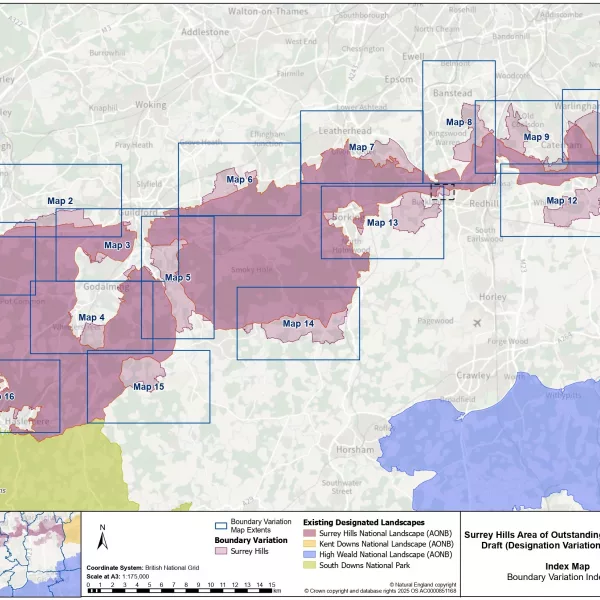
High Court Ruling on Virtual Planning Committees
Following a legal challenge for continuation of virtual meetings, the High Court has ruled that virtual planning committees are to cease next week from 6 May. The Judge ruled that existing legislation dating back to the 1970s is not sufficient to give virtual meetings legal status.
When the decision was first announced in late March, local government minister Luke Hall stated “The government has considered the case for legislation very carefully, including the significant impact it would have on the government’s legislative programme, which is already under severe pressure in these unprecedented times. We are also mindful of the excellent progress that has been made on our vaccination programme and the announcement of the government’s roadmap for lifting Covid-19 restrictions. Given this context, the government has concluded that it is not possible to bring forward emergency legislation on this issue at this time.”
James Jamieson, chairman of the Local Government Association (LGA) had criticised the decision, saying that it is “extremely disappointing”. He has urged the government to reconsider the decision until all restrictions are lifted so that local authorities don't need to hold Covid-19-safe face-to-face meetings.
Before the March announcement, The Association of Democratic Services Officers (ADSO), Lawyers in Local Government (LLG) and Hertfordshire County Council had already lodged a legal challenge in the High Court which sought continuation of remote meetings beyond 6 May 2021. However on 28 April, the president of the Queen’s Bench Division, Dame Victoria Sharp and Mr Justice Chamberlain dismissed the challenge.
John Austin, chair of ADSO, responded to the judgement saying that “… the LLG and ADSO are very disappointed at the decision of the court to refuse to support the updated interpretation we proposed which would have enabled councils to continue providing the option of remote attendance… We recognise that this will be a great disappointment for many across the sector and we will now direct our energy, and the momentum that has been generated, into lobbying government to quickly bring forward the necessary legislation to overcome this impasse and to ensure that councils have local choice to determine the methodology by which meetings can take place. Not just during the pandemic, but for the long term, in perpetuity…”
The decision is not one that we were anticipating given the successes we have seen with remote working and the ability to engage with a larger audience. In the short-term as face-to-face committees return, we will certainly need to be mindful of the impacts on projects and potential delays of some applications.
Other news
See all

London Housebuilding: Emergency Measures
The Government and GLA are currently consulting on two documents aimed at stimulating and reviving housing delivery across London, in response to a…...
Read now
Surrey Hills Area of Outstanding Natural Beauty - Boundary Extensions: Last opportunity to make representations
Natural England have given notice of their intention to Vary the Designation Order to include boundary extensions to the Surrey Hills Area of…...
Read now